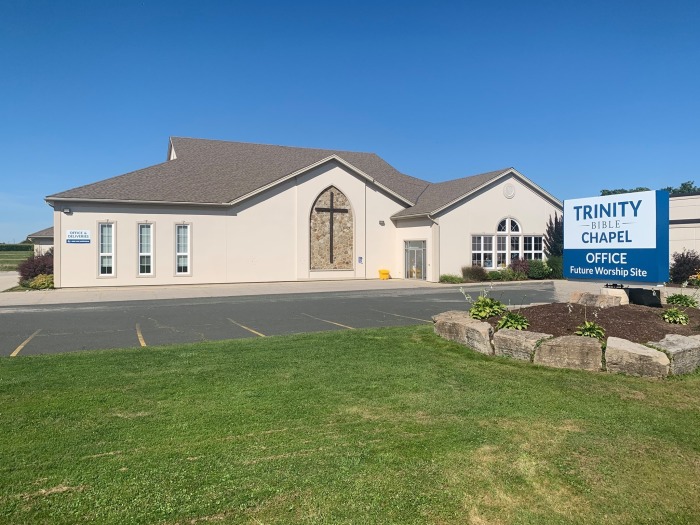Ontario police crack down on in-person worship at multiple churches, disrupt Mennonite service: law firm

Multiple churches will be challenging the legality of Ontario’s measures aimed at curbing the spread of the coronavirus, amid police actions halting in-person worship services.
The Calgary, Alberta-based Justice Centre for Constitutional Freedoms announced Monday that they were taking on multiple challenges to the Reopening Ontario Act, which only allows churches to have an attendance of 10 people indoors and 10 people outdoors.
These include Old Colony Mennonite Church and Word of Life Mennonite community, both of which were charged by police for holding services in violation of the Act.
According to the Centre, at least one of the services involved police giving a brief warning and then entering the building, demanding that they end their worship immediately.
“Many Mennonite communities are not active online and do not use much technology,” explained the Centre. “As such, in-person church services are fundamental to their community and way of life.”
The Centre will also represent Trumpet of Truth Church of Woodstock, whose pastor was served with a summons following a service on Dec. 27, where police videotaped worshipers.
Pastor Jacob Reaume of Trinity Bible Chapel will also be represented. He had posted a statement on his website on Dec. 3 saying that he refused to close his church for lockdowns.
Another client is the Church of God of Aylmer, whose drive-in service was allegedly harassed by a group known as “Canadians Against ‘Freedom’ Rallies and Misinformation.”
“Churches are being targeted by both police and vigilante members of the public, who look for church parking lots with vehicles and call in complaints to the police,” said Lisa Bildy, a lawyer with the Centre.
“It’s easy to see how the Stasi in East Germany were able to operate so effectively — it appears it doesn’t take much to turn neighbors into informants, and police into petty tyrants.”
Bildy went on to say that these and other incidents, which can carry fines ranging between $10,000 to $100,000, represent “a clear escalation of enforcement, targeted at otherwise law-abiding citizens who believe strongly that attending church is essential to their well-being.”
As part of Ontario’s response to the COVID-19 pandemic, the province initiated a lockdown order that, among other things, limits worship services to no more than 10 people.
In a document titled “COVID-19 Guidance for Places of Worship,” the Toronto government outlined measures that houses of worship must take following the Act.
“Toronto Public Health strongly encourages virtual services at this time to reduce the spread of COVID-19, and to ensure that everyone can participate safely,” read the document in part. “If gatherings are necessary, keep services short, and plan for very small groups of people.”
“Indoor group singing, dancing and use of wind instruments has been linked to numerous outbreaks in multiple countries. Consider avoiding risks, with alternative options.”
The standards allow for drive-in worship services, provided participants stay inside their vehicles, have only one household per vehicle, and are parked at least 6 feet apart.
As with the United States, several churches in Canada have resisted lockdown measures that they believe violate their freedom of religious practice, with some taking legal action.
Last month, Manitoba loosened its restrictions on drive-in worship services after being sued by the Springs Church of Winnipeg, which got four $5,000 tickets for holding four drive-in services.
Leon Fontaine, senior pastor at Springs Church, argued at the time that the drive-in ban singled out houses of worship for worse treatment than secular businesses.
“The government has established rules which prohibit people from gathering with people who aren’t members of their household. They have deemed these rules sufficient to keep people safe as they drive to the liquor, cannabis, or big box retail store, park their car, and enter those facilities,” stated Fontaine.
“If this is the case, we have to ask ourselves why the government has deemed it unsafe for Manitobans to drive to their place of worship with their windows rolled up for the entirety of a service and practice their faith. We believe this is an oversight on the part of the government of Manitoba.”





























